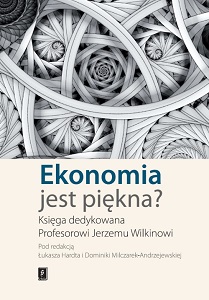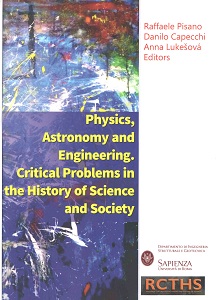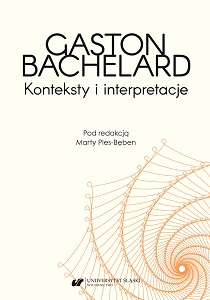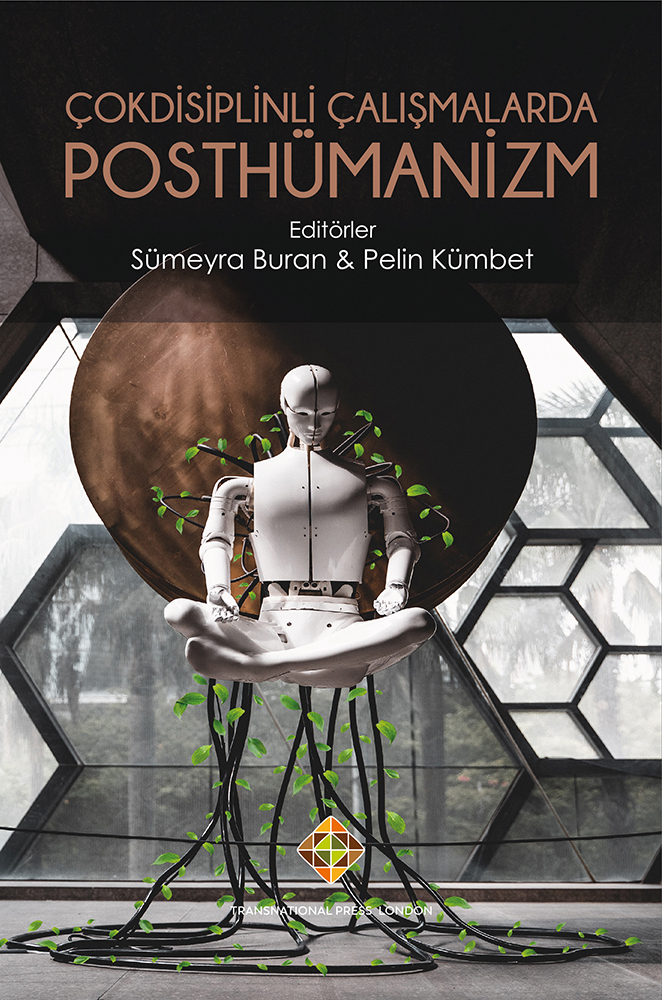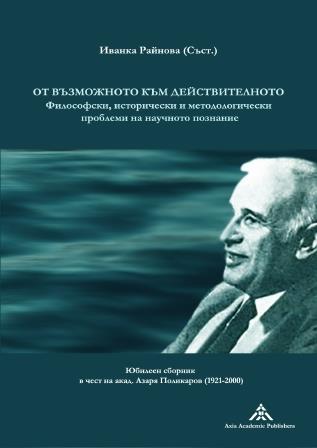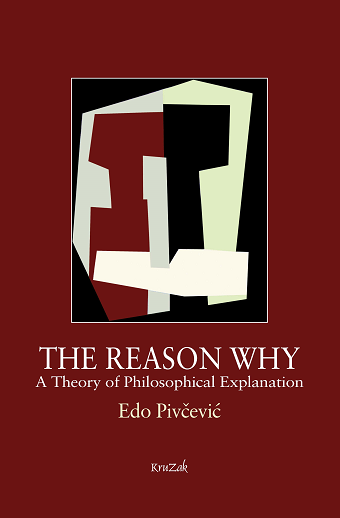
The Reason Why
In his latest book Pivčević argues that the scope and limits of rational explanation are set by a number of fundamental categories and principles which are all mutually complementary and interdependent. This lattice of basic categories and principles not only helps make sense of what we experience but conveys how the world is actually made up. In developing this thesis Pivčević is at the same time outlining some of the key features that mark out specifically philosophical explanation as opposed to other types of explanation such as those commonly found in the natural sciences and in naturalistic theology. Reasons for belief can be all sorts, but when do such reasons amount to a rational explanation? The thesis advanced in this book is that the scope and the limits of rational explanation are fixed by a number of fundamental ideas and principles which are all mutually complementary and interdependent, and provide an insight into how the world is actually made up. It is a logical requirement of rational explanation that such ideas, and the principles that go with them, should form a self-supporting analytical system. One such idea and a vital component of the system is the idea of self. This runs counter to what might be described as a ‘naturalistic’ approach to explanation. A naturalistic explanation, essentially, is based on the assumption that the world is fashioned by factors that exist independently of the conditions under which they may feature as objects of belief, rational or otherwise. The ideas in terms of which we make sense of what we experience are treated, accordingly, as ‘emergent’ phenomena and products of human evolution. This feature of naturalistic explanations does not necessarily detract from their capacity to serve as useful prognostic tools. Nevertheless such pragmatic utility as they may have cannot hide their philosophical limitations.
More...

